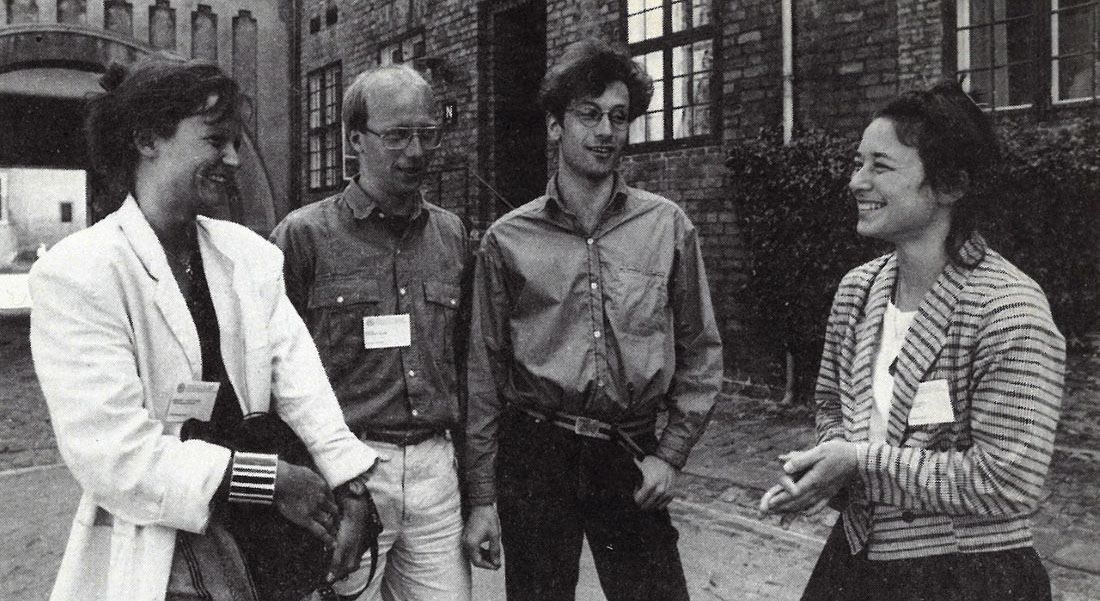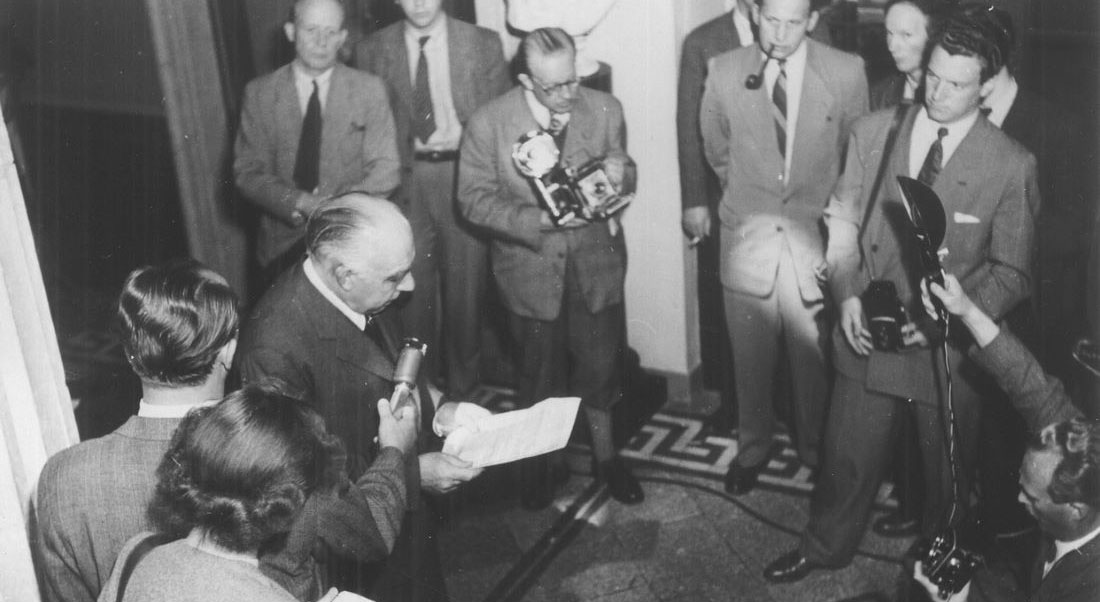About the "Open World" series
A series of conferences
The first Open World Conference was organized at the University of Copenhagen in 1985, the second in 1989, the third in 2013, the fourth in 2022 and the fifth in 2025.

Acknowledging Bohr's vision
The series of Open World Conferences are inspired by world renowned physicist Niels Bohr and his vision of an open world where nations may trust each other and collaborate by sharing science and technology across both geographical and academic borders. Bohr shared this vision in an open letter to the United Nations on June 9th, 1950, and in the letter, he addressed the hopes and dangers associated with the nuclear revolution which he experienced firsthand.

Based on Bohr's own involvement with the Manhattan project, he had since 1943 made stern warnings to decision-makers that if left to national competition, the nuclear revolution would lead to the destructive political developments that indeed did materialize in the shape of the Cold War. Bohr argued that an open world could both curtail this danger and maximize benefits from these scientific and technological breakthroughs.
With increasing tensions between the US and China and the recent outbreak of war in Ukraine, Bohr’s ideas are as timely as ever. Peace cannot be taken for granted. Openness, which according to Bohr is a prerequisite for peace, needs to be promoted. We hold that scientists can and should play a part in this process.
An open world where each nation can assert itself solely by the extent to which it can contribute to the common culture and is able to help others with experience and resources must be the goal to be put above everything else.
